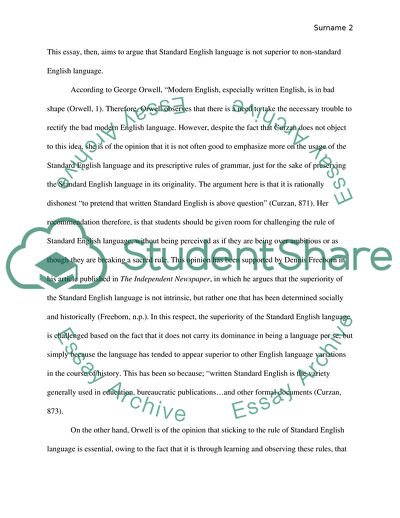Cite this document
(The Debate Surrounding the Standard and the Non-Standard English Langu Case Study, n.d.)
The Debate Surrounding the Standard and the Non-Standard English Langu Case Study. https://studentshare.org/english/1859510-the-ebonics-dialect-paper
The Debate Surrounding the Standard and the Non-Standard English Langu Case Study. https://studentshare.org/english/1859510-the-ebonics-dialect-paper
(The Debate Surrounding the Standard and the Non-Standard English Langu Case Study)
The Debate Surrounding the Standard and the Non-Standard English Langu Case Study. https://studentshare.org/english/1859510-the-ebonics-dialect-paper.
The Debate Surrounding the Standard and the Non-Standard English Langu Case Study. https://studentshare.org/english/1859510-the-ebonics-dialect-paper.
“The Debate Surrounding the Standard and the Non-Standard English Langu Case Study”. https://studentshare.org/english/1859510-the-ebonics-dialect-paper.


